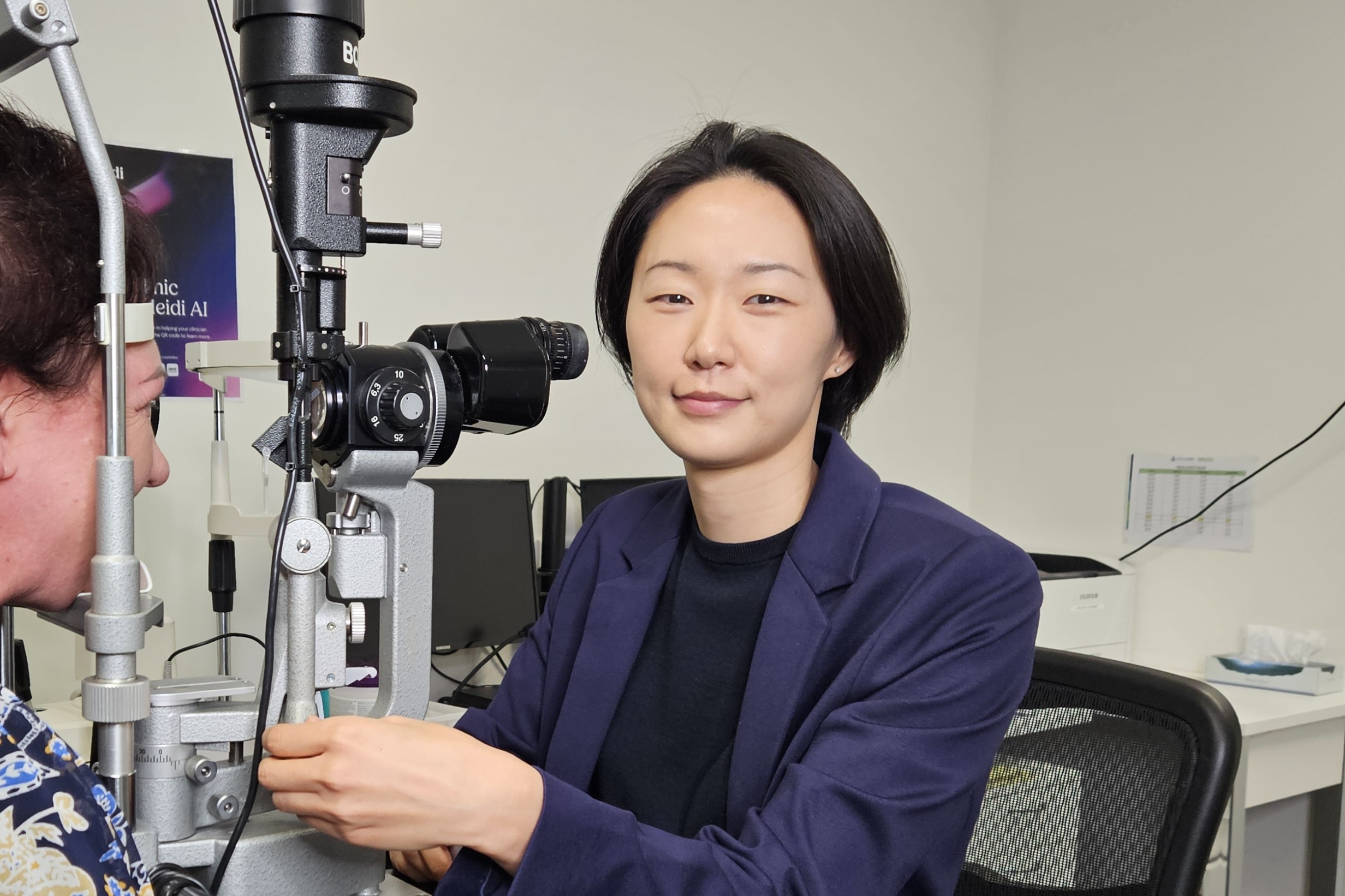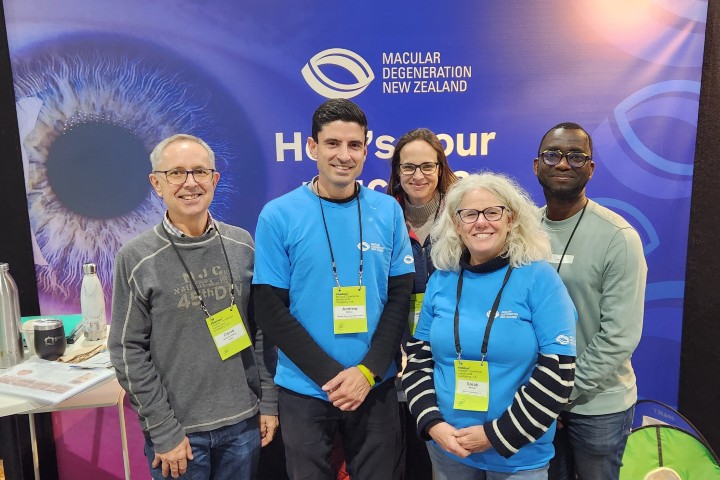Subcutaneous anti-VEGF cuts treatment burden
Ashvattha Therapeutics reported the results of a phase 2 trial of migaldendranib (MGB), its monthly ‘at-home’ subcutaneous anti-VEGF injection, showed it reduced treatment burden and improved visual acuity in patients with diabetic macular oedema (DMO) or neovascular age-related macular degeneration (nAMD).
Migaldendranib normalises VEGF expression in the retina, addressing the root cause of DMO and nAMD, said the company. The 40-week trial showed a reduction in the annual number of intravitreal injections required by 78.6% for DMO and 83.4% for nAMD. Visual improvements were also noted, with a mean increase of +6.1 ETDRS letters in best corrected visual acuity and a decrease of 23.3µm in central subfield thickness for DMO patients, the company reported. The treatment was safe, well-tolerated and resulted in a significant reduction in the need for supplemental intravitreal anti-VEGF injections, both in the treated and fellow eyes of participants, it said.
With the safe systemic and ocular outcomes seen to date, MGB offers a differentiated approach that has the possibility to enable monthly at-home subcutaneous administration, said Dr Susan Schneider, Ashvattha Therapeutics’ acting chief medical officer. “(It) could meaningfully reduce the burden of care for patients with DMO and nAMD, conditions that are chronic and typically bilateral.”
























